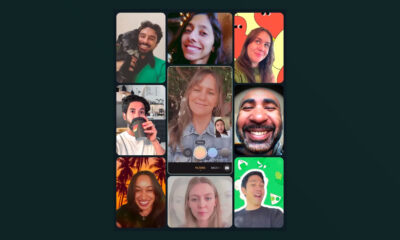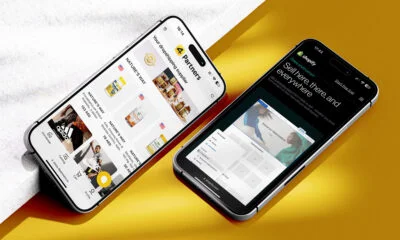News
WhatsApp Decides Not To Limit Users Who Don’t Accept Its New Privacy Policy
It seems that the backlash has been strong enough to make executives at Facebook reconsider their decisions because the latest announcement from the company contradicts the previous one.
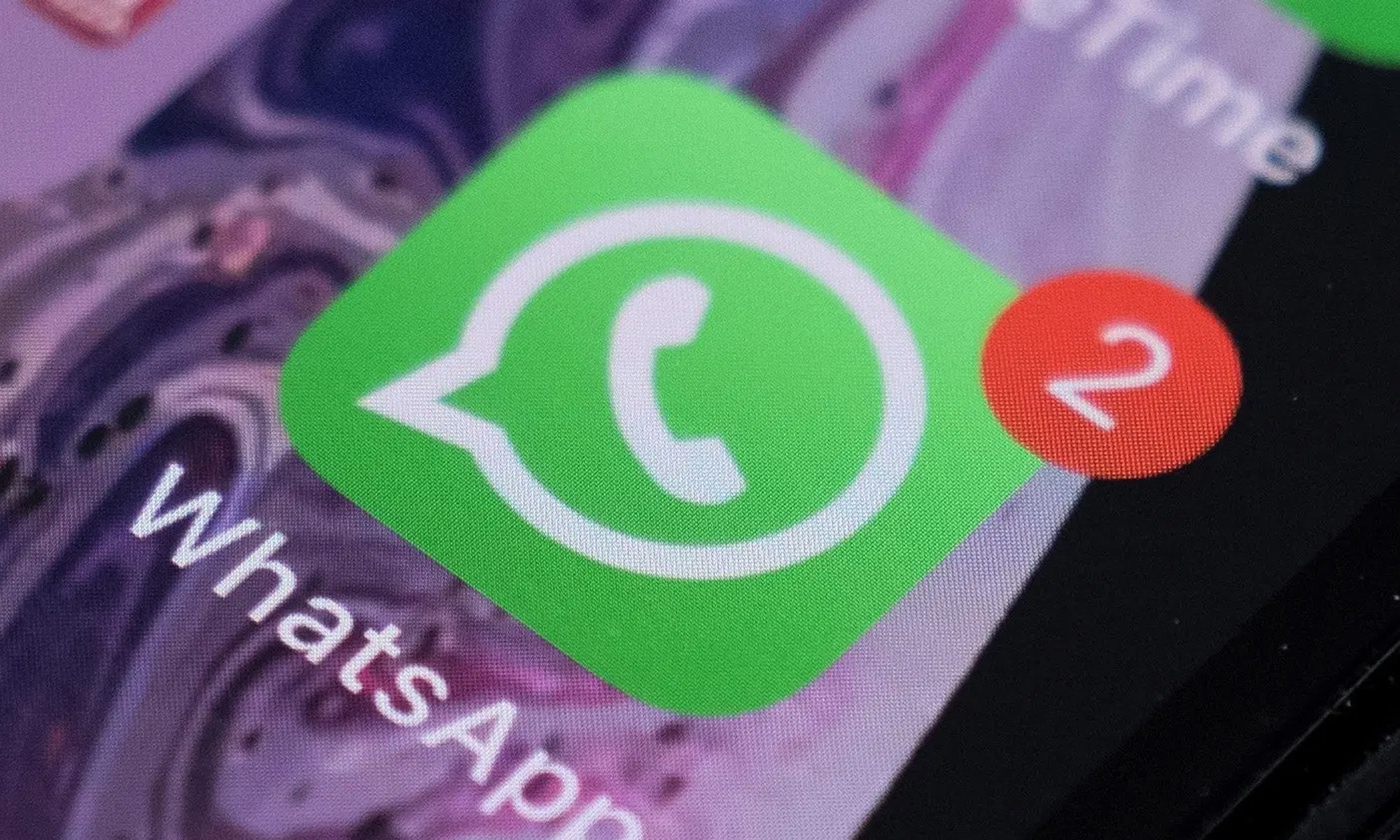
This year in February, Facebook-owned WhatsApp stated in an FAQ on its website that users who didn’t accept its new privacy policy by May 15th would lose access to certain features, such as the ability to send or read messages from the app.
The announcement sparked a wave of protests on Facebook, Twitter, and other social media platforms, with some users threatening to leave the messaging and voice-over-IP service app for more privacy-oriented alternatives, such as Signal, Telegram, or Threema.
It seems that the backlash has been strong enough to make executives at Facebook reconsider their decisions because the latest announcement from the company contradicts the previous one.
“Given recent discussions with various authorities and privacy experts, we want to make clear that we will not limit the functionality of how WhatsApp works for those who have not yet accepted the update,” said a WhatsApp spokesperson in a statement to The Verge.
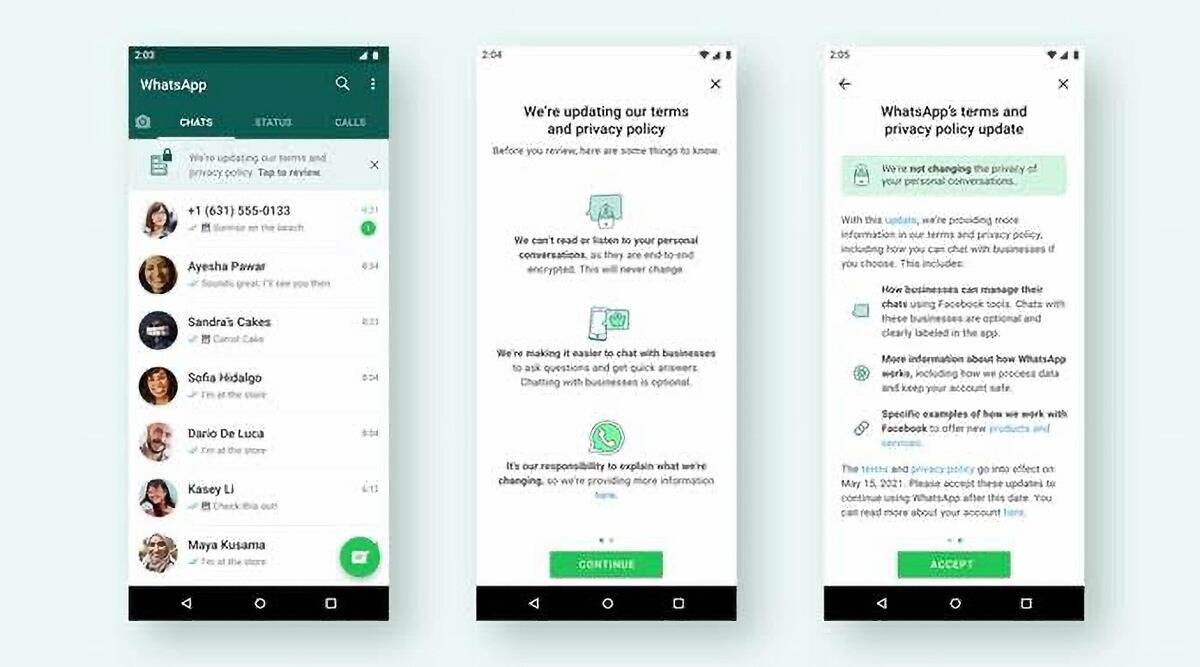
One reason why the new policy caused so much outrage was that many WhatsApp users believed that they would be required to share their phone numbers and other sensitive information with various third parties.
In reality, the policy update affects mainly businesses using the platform to sell their goods and services using the messaging app, allowing them to see what you’re saying and use this information for their own marketing purposes.
“We will continue to remind users from time to time and let them accept the update, including when they choose to use relevant optional features like communicating with a business that is receiving support from Facebook,” the WhatsApp spokesperson added.
The entire rollout of the policy update has been mishandled, to say the least, with WhatsApp seemingly not fully realizing how much more security and privacy-oriented have its users become since the messaging app started sharing user data with Facebook in 2016.
News
Qatar Airways Debuts World’s First Boeing 777 Starlink Flight
The airline has ambitious plans to roll out the high-speed, low-latency service across its entire Boeing 777 fleet within a year.
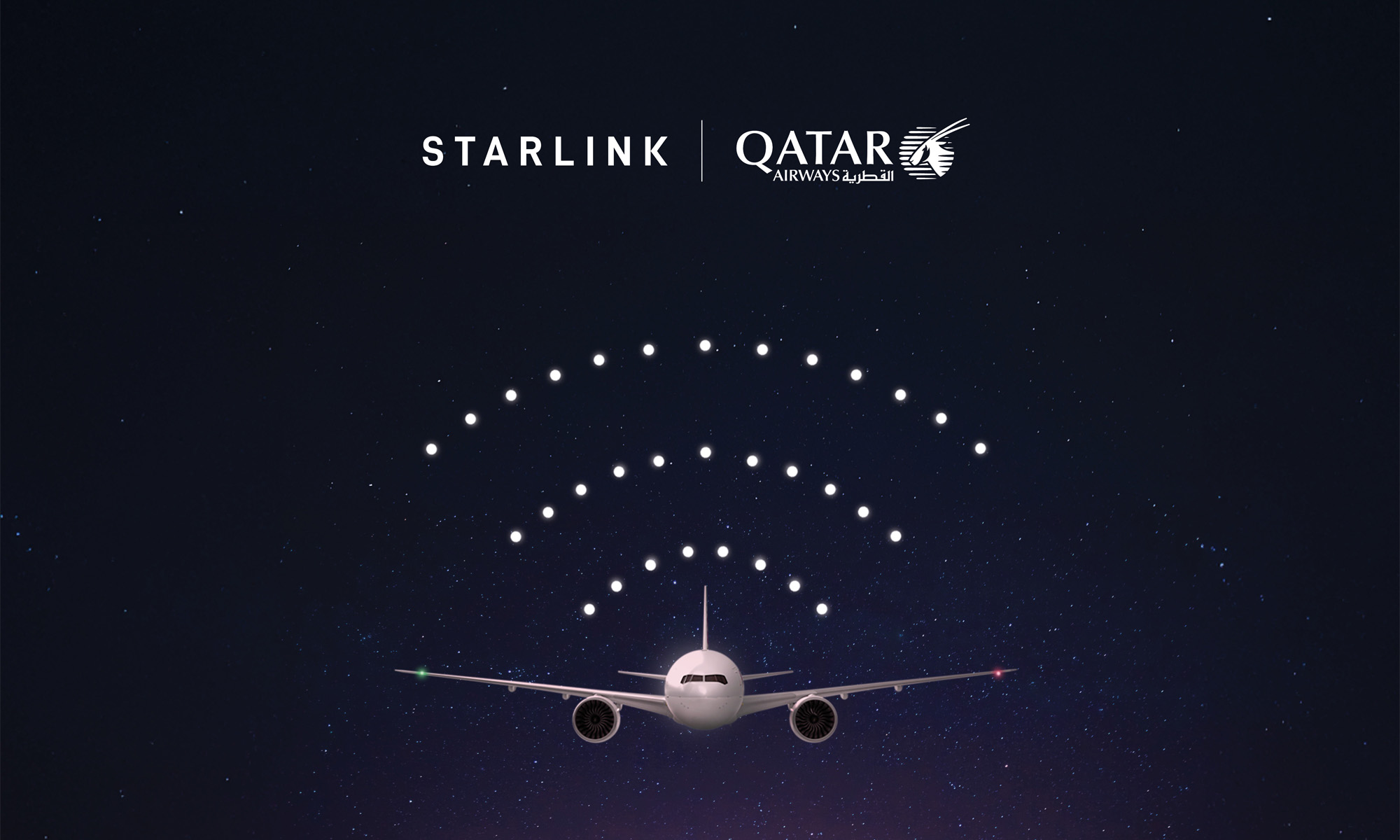
Qatar Airways has taken a significant step ahead of the competition by being the first operator to offer Starlink internet on a Boeing 777 aircraft traveling from Doha to London.
As the largest and first airline in the MENA region to offer Starlink’s ultra-high-speed, low-latency internet, Qatar Airways continues to raise the bar for in-flight services after winning the coveted Skytrax “World’s Best Airline” for 2024 award.
Initially, the carrier planned to outfit three Boeing 777 aircraft with Starlink technology. However, by the end of 2024, the airline will have upgraded 12 Boeing 777-300s with this service. Further ahead, the entire Boeing 777 fleet is set to be Starlink-equipped by 2025, one year earlier than originally scheduled, with the Airbus A350 fleet following suit by mid-2025.
This rollout demonstrates Qatar Airways’ dedication to enhancing in-flight connectivity and will enable passengers to stay in touch with family and friends, stream media, watch live sports, work remotely, and even play online games — all at 35,000 feet.
Qatar Airways Group Chief Executive Officer, Engr. Badr Mohammed Al-Meer expressed excitement about the debut flight, stating: “We are thrilled to launch our first Starlink-equipped flight, proving once again why Qatar Airways is at the forefront of the aviation industry”.
Also Read: A Guide To Digital Payment Methods In The Middle East
He continued, “Paired with our commitment to rapidly rollout Starlink across our entire modern fleet, [Qatar Airways] demonstrates our relentless pursuit of offering passengers an in-flight experience that transcends the constraints of traditional air travel”.
By launching its first Starlink-equipped aircraft, Qatar Airways has achieved several milestones, including operating the world’s first Boeing 777 widebody with the service onboard. Qatar Airways’ strategic partnership with SpaceX ensures passengers will continue to enjoy an unmatched in-flight experience, and not only represents a breakthrough for Qatar Airways but also sets a new standard for in-flight connectivity globally.


